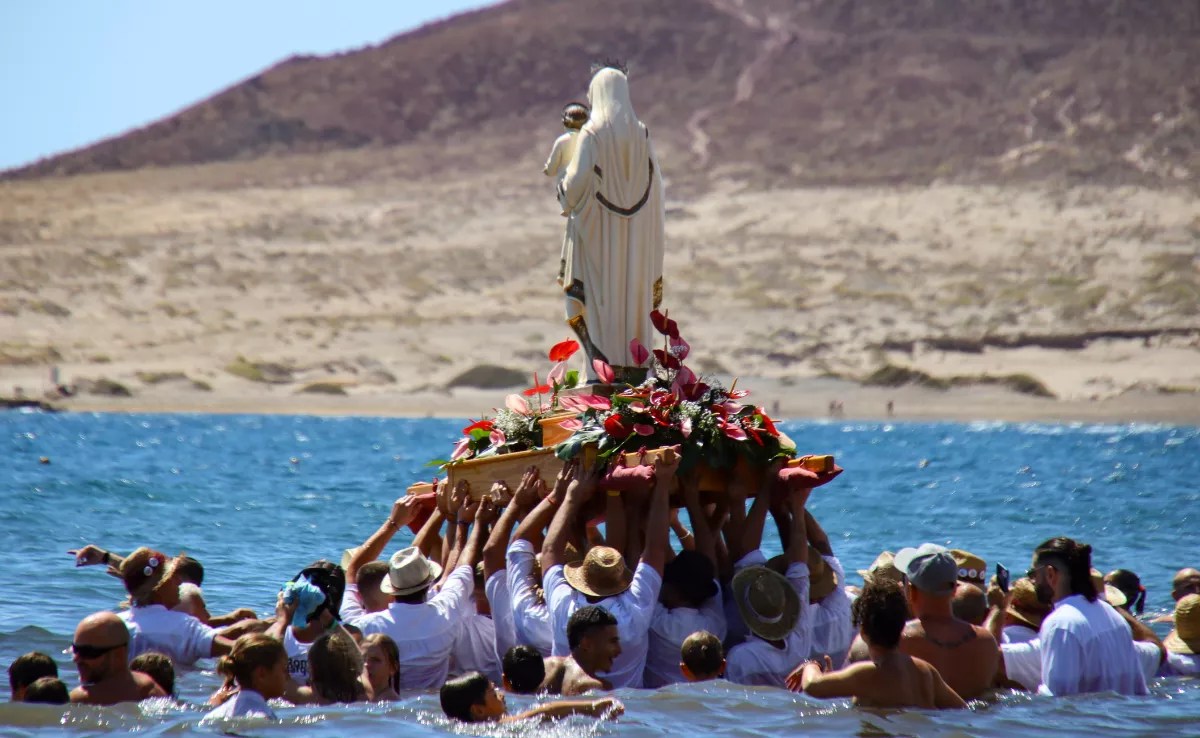The government encourages citizens to prepare an “emergency kit” as incidents like this Monday “could occur again.”
Santa Cruz de Tenerife, APR. (Press Europa) –
The Government of the Canary Islands has announced on Tuesday that it will keep the Autonomous Emergency Declaration active due to “instability” in communications and will not lift it until it is assured that citizens can reach the 112 Operational Chamber with “100%” reliability.
This information was conveyed to journalists by Manuel Miranda, the Emergency Minister of the Canary Islands Government, following a meeting of the Advisory Committee of the Civil Protection Territorial Plan of the Autonomous Community of the Canary Islands (Platca).
The minister noted that there have been “peaks” due to excessive demand and acknowledged that the Peninsula and partly the archipelago have experienced an “exceptional, unusual, and challenging” situation, culminating in a communication failure for nearly three hours on Monday evening.
He reported that during that timeframe, coordination among emergency services and public centres remained intact, but citizen communications were disrupted, making it impossible for them to access 112.
“This is serious and caused considerable anxiety,” stated Moisés Sánchez, director of 112, who estimated that approximately 500 calls were lost compared to the previous Monday, with about 80 of those being linked to actual incidents.
The Government maintained its Emergency and Security Network of the Canary Islands (Rescan), ensuring that public and emergency centres remained in contact via radio, alongside an increase in street security personnel.
Miranda stated that everything is currently functioning normally and mentioned that about one hundred individuals spent the night at Tenerife North airport due to flight cancellations, although “communications might still be at risk,” following discussions with the three major mobile phone providers regarding interconnectivity with the Peninsula.
Prioritise 112 calls
Consequently, companies have been instructed to prioritise calls to 112.
As potential “solutions” for future occurrences, he suggested enhancing analogue communication—the role of television and radio in keeping citizens informed—and promoting a culture of “self-protection” as it is essential to be “prepared” for any similar events that may arise.
“This could happen again,” he emphasised, asserting that in an emergency, “the crucial factor is how to respond in the initial hours.”
In this vein, Montse Román, head of the Civil Protection and Emergency Service of the Canary Islands Government, highlighted the necessity for each citizen to possess their own “emergency kit,” as when an energy failure occurs, communications often falter shortly thereafter.
She mentioned that it is preferable to avoid scrambling for necessary items during a moment of “overwhelm” and specified that an ideal kit should include a torch, a portable radio, a charger for mobile phones and batteries, medication for chronic conditions, water or non-cooked food, along with a contact list of friends and family. “We will persist in promoting this,” she affirmed.















